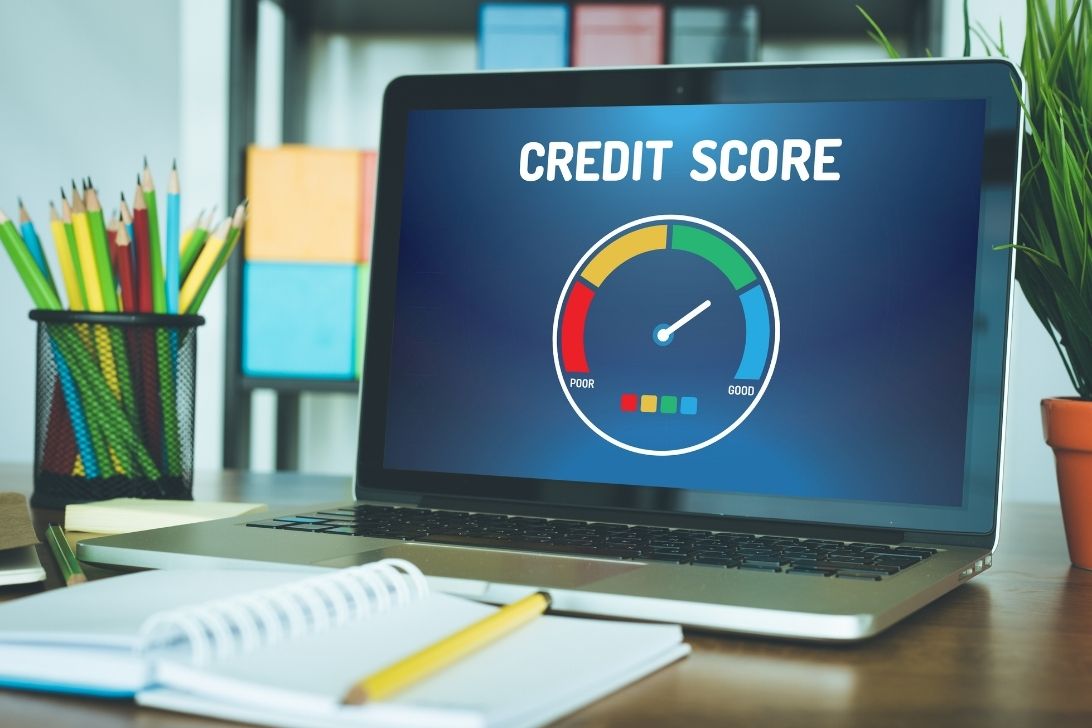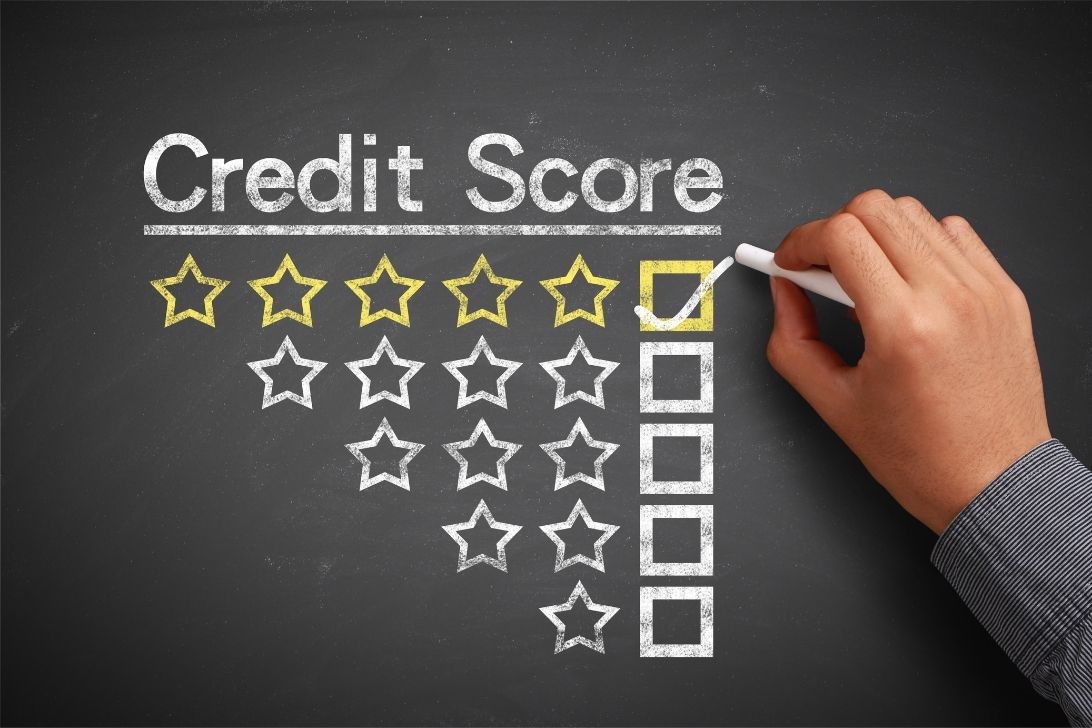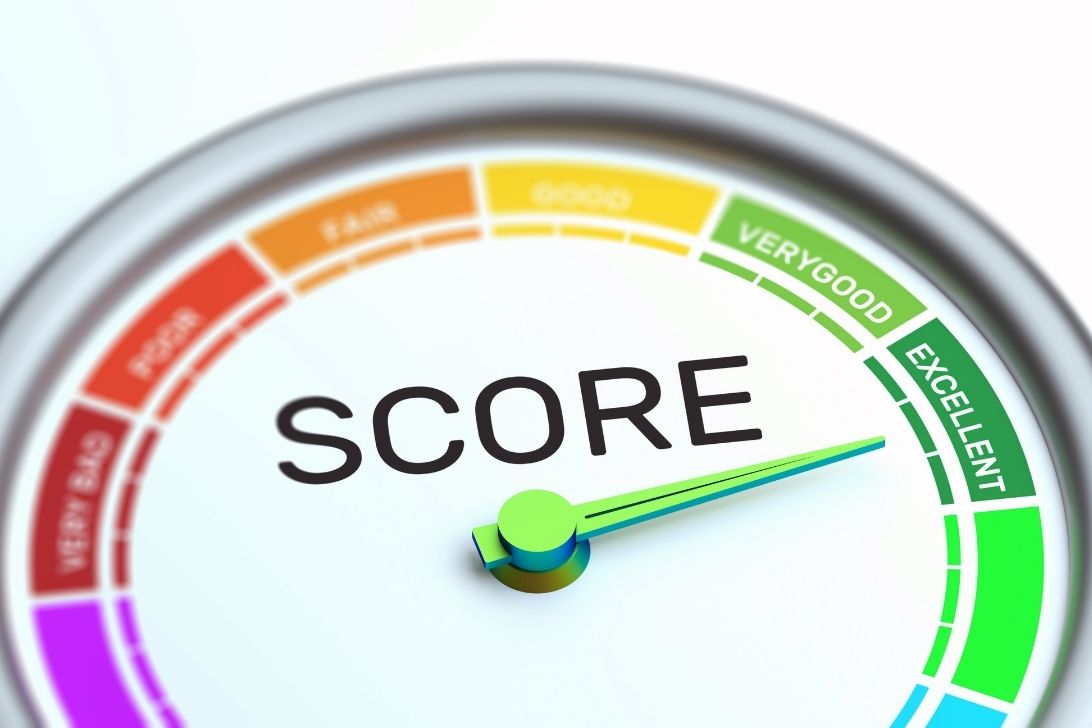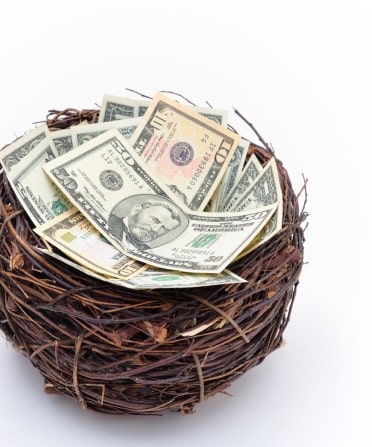What Credit Score Do You Need To Buy A House In 2023?
Table of Contents
Knowing what credit score is needed to buy a house can help you better understand if you are able to purchase a home. Also, the credit score to buy a house also depends on what type of loan you want to use to complete the home purchase. This post will help you under mortgage loan credit score requirements.
What Is A Good Credit Score To Buy A House?
A good credit score to buy a house is a score above 670. With a credit score this high a homebuyer can use the mortgage type of his or her choice. Additionally, a home buyer with a 670 or higher credit score can get easier qualifying terms and likely a better interest rate.
The credit score needed to buy a house is typically 620. There are a few lenders who will offer a mortgage to a homebuyer with a 600 credit score, and maybe even as low as 580. However, to qualify for a home loan with a credit score below 620 you will likely need to meet compensating factors. Common criteria to compensate for a low credit score includes:
- A larger down payment
- Significant cash reserves beyond the funds needed to close the purchase
- A very low front-end and back-end debt-to-income ratio
Minimum Credit Score To Buy A House Required By Mortgage Loan Type

What credit score is needed for a home loan depends on the loan type. Each loan type has a specific credit score requirement. The type of mortgage you use will also affect which homes you can purchase. For example, a home seller can state that he or she is not willing to accept an FHA, USDA, or VA loan. In conclusion, your credit score provides the answers to three questions:
- Can you buy a home with a mortgage?
- What kind of mortgage will you use?
- Which homes can you purchase?
Conventional Loan Credit Score
The minimum credit score for a conventional home loan is typically 650. There is no difference in credit score requirement when comparing conventional or an insured conventional loan. That difference is based on your down payment. A conventional mortgage has a down payment of 20%. Any conventional loan where the homebuyer is making a down payment of less than 20% is an insured conventional loan.
FHA Loan Credit Score
The minimum credit score for FHA loan is 620. An FHA loan is a government insured loan that helps homebuyers with lower credit scores and smaller down payments. There are two disadvantages of the FHA loan. First, private mortgage insurance for this loan type can be expensive. The larger disadvantage is that some home sellers will not accept an FHA loan. This is due to the fact the home must meet the minimum property condition guidelines set by HUD.
VA Loan Credit Score
Actually, there is no “written in stone” minimum credit score for VA loans. Instead, a VA loan is approved on the basis of a consideration of all of the borrower’s financial status. However, credit score is a contributing factor. Typically, when qualifying for a VA loan you should have a credit score of at least 620. Some VA lenders will approve buyers with a score as low as 580, though.
USDA Loan Credit Score
There is no set rule regarding the minimum credit score for USDA mortgages. However, lenders know what does and what does not get approved by their own lender underwriting and that by the USDA. On this basis, unofficially the minimum credit score for a USDA mortgage is 640.
What Factors Go Into A Credit Score

You need a suitable credit score for home loan approval. But, maybe your score is a little low. The first step to improving your credit score is understanding what factors determine your credit score.
A credit score measures your ability to pay back a debt. More specifically, it is meant to illustrate to a creditor how likely you are to miss a payment in the next 12 months. The higher the score, the less likely you are to default on a debt obligation.
By knowing the factors which affect your credit score you can better rehabilitate a bad score, improve a fair or good score, or start establishing credit in the right ways more quickly. All of this is helpful when buying or preparing to buy a home.
Here are the factors that go into a credit score:
- Age of credit: Older, seasoned credit is a positive compared to newer credit with a short reporting history. The age of each credit account is factored into your credit score.
- Late payments: Recent late payments, or late payments on a major debt obligation such as a car or a previous mortgage hurt your credit score badly.
- Collections: A collection is a late payment on a judgment or a collection company pinging the credit reporting bureaus constantly reminding them you owe money that you refuse to pay. These are very harmful to your credit score.
- Amount of open credit: Having no open credit hurts your score. But, having too much access to funds is not a good thing, either. Your unsecured credit accounts which is the total available credit on your credit cards should not exceed 35% of your annual income.
- Lack of activity: So, that credit card you got to start building credit but never use is not helping you. By continuously using credit accounts and paying those off you signal to the credit reporting bureaus you are earning, spending, and paying back borrowed funds on a regular basis. That’s what they want to see.
- Terminated accounts: Reconsider terminating unused credit accounts. The sudden termination of numerous credit accounts can signal to the credit agencies you are having problems paying your bills.
- Credit checks: Consumers really do not understand this one at all. Yes, having your credit checked numerous times by many creditors in a short amount of time is not a good thing. Applying for one car loan or mortgage with two or three banks does not tank your credit score. What does tank your credit score is when you have four mortgage companies, three auto-loan providers, three credit card companies, and two merchant store credit providers check your credit in a short amount of time, like within a 30 or 60 day period.
- Credit utilization: The most overlooked factor is one that actually carries a lot of weight. That is credit utilization. Credit utilization is how much of your available credit you are using. For example, if you have a credit card with a $10,000 limit and a $2,000 balance, your credit card utilization is 20%. Your credit score benefits when all of your individual credit accounts and your total credit profile shows less than 30% credit utilization.
Other Considerations When Buying A House

An approvable credit score is needed to buy a house, but so are other financial factors. A credit score is not the only item which determines whether or not you will be approved for a loan. Here are the others:
- Income: Yes, you must have income in order to buy a home. If you have $1,000,000 in the bank and want to buy a $200,000 with a mortgage but have no income your loan will be denied. You must have verifiable income. SSI, pension, retirement, and Social Security income are income, too!
- Debt-To-Income ratio: Your lender will determine whether or not your debt-to-income ratio is acceptable. Your debt-to-income ratio is the total cost of your liabilities divided by 1/12 of your annual gross income. Then, the lender will calculate your back-end debt-to-income ratio; this is the one that includes the monthly cost of the home you are buying including loan repayment, taxes, and insurances. If that number is below 40% you’re fine. From 40% to 51% it is more a lender discretion and a review of compensating factors. A back-end debt-to-income ratio above 51% likely makes you ineligible for a home.
- Funds to close: Your home purchase will likely have a down payment and closing costs. You must demonstrate that you have verifiable funds to close that are equal to the amount needed at closing.
- Reserves: Sometimes, especially in instances of a low credit score, reserves are needed as a compensating factor. Reserves is the amount of verifiable funds, cash, in your bank account above what is needed for funds to close. Often, if this is needed at all, it is an amount of between one and twelve months of the monthly payment (but more specifically, typically just two to four months). It is just showing that you have the money, too; no one is going to make you put it up in trust or anything like that.
- Employment history: Regarding your employment history, the lender is looking for aps in employment. If you just started a job a month ago after being unemployed for a year it might be difficult to get a home loan. However, regarding this it is best to speak with a loan officer. There are many “outs” and caveats to this requirement. I will tell you this: No, you do not need a two-year job history to buy a house!. Yes, I am speaking to you recent college grads and buyers who recently completed an industry specific training program.
- Unpaid judgements: If you have a judgment against you that you have not paid, it will prevent you from getting approved for a home loan.
Can You Get A Home Loan With Bad Credit?

It is difficult to know if you can get a home loan with bad credit. Many factors affect your credit and credit score. Also, what you think is bad credit might not be that bad.
The main factors for determining if you can get approved for a home loan with bad credit is what your current credit score is and what’s lurking in your credit history. Bankruptcy, a past foreclosure, car repossession, or collections are all major negative credit events. These types of things can prevent you from getting a home loan.
The best options for low credit score home loans would be either an FHA loan or a portfolio loan. An FHA loan is a government backed loan requiring just a 620 credit score. Portfolio loans is a loan written by a bank which it intends to hold on its books. Some small banks offer these to stimulate more local economic development in an area.
How To Increase Your Credit Score Before Buying A House

There are multiple ways to increase your credit score. The strategies and tips to increase your credit score can help you qualify for a home loan, too.
Check Your Credit Report For Errors
The first step to increase your credit score before buying a house is to know where you are starting. Go straight to the source for an accurate credit report. Each of the credit reporting bureaus are required to give you a credit report one time per year at no charge. All you have to do is contact them. The credit reporting agencies are:
- Experian
- Equifax
- TransUnion
If the credit report is not from one of these three agencies, assume it is not accurate. Once you receive the report make sure there are no negative events reporting on it that are not accurate. Work with the credit reporting agency to have the mistake corrected. On the other hand, if the negative credit event is legitimate, address it by working with the creditor to get the debt current or paid off.
Pay Bills On Time
You will increase your credit score by paying bills on time. Make sure that you are paying all of your bills on or before the due date.
Establish Credit
In the case that you do not have a credit score or report, get some credit established. The best way to begin stimulating your credit profile is to get a credit card. Use the credit card regularly to purchase everyday items or even to pay some bills. Then, pay the credit card off entirely. Also, do not wait until the end of the month to pay down the card.
Paying the card off more frequently demonstrates more activity on your credit profile. Also, by routinely paying down or paying off a credit card you can keep your credit utilization rate low. Maintaining low credit utilization on an active credit profile is the best way to increase your credit score.
Don’t Apply For Too Much Credit
Too much credit can be a bad thing and hurt your credit score. Your unsecured limits, like what you can borrow from a credit card, should not exceed 35% of your annual income. Keeping this below 20% is better, though.
Pay Off Outstanding Debt
Paying off debt improves your debt-to-income ratio. However, paying off a debt can actually temporarily slightly decrease your score. This is due to the fact there are fewer items reporting on your credit report. In the longer term, like three to twelve months, paying down outstanding debt should improve your credit score.
Conclusion
Typically, a credit score of 620 is high enough to purchase a home. Your credit score will affect which mortgage types you are approved for. This can affect which homes you can or can not buy. A good credit score when buying a home is anything above 670. However, a credit score is not the only criteria needed in order to get approved for a mortgage.
The Quadwalls Real Estate Team would be happy to introduce you to a lender so you can start the home purchase process. Feel free to contact us to learn more about how we can help you get started buying a home.
 Updated: March 29, 2023
Updated: March 29, 2023  505
505  13 min
13 min











